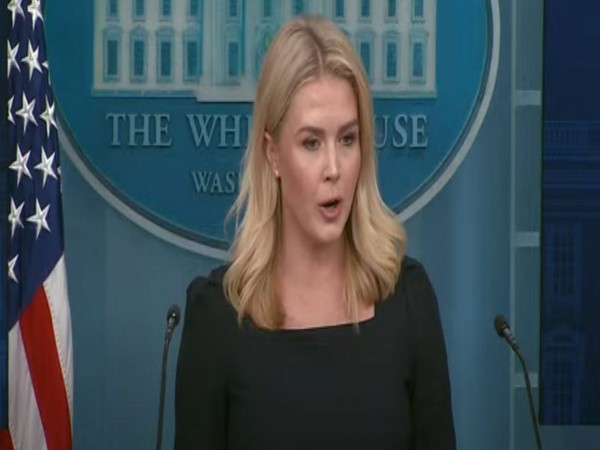Study uses Disney movies to help with child development
Oct 17, 2021

Washington [US], October 17 : According to a study by the University of Houston Graduate College of Social Work, Disney animated movies can serve as valuable tools for parents and counsellors alike to improve communication with children about tough issues.
Disney films, for example, combine entertainment with life lessons about love, friendship, good versus evil, death and loss, and the importance of family. Talking about these important issues together can strengthen a child's cognitive and behavioural development. These findings were published in the Child and Adolescent Social Work Journal.
Researchers analyzed 155 feature-length animated Disney films released between 1937 and 2020 and found the majority do not focus on the entire family unit - 63 per cent did not mention the main character's biological parents in the story, perhaps leaving some children to wonder why their parents are not there to help. Parents have become notably more visible in Disney films over the last decade, according to the study.
Almost three-quarters (73 per cent) of the films shared the message about loving yourself and others, and 27 per cent focused on morality and social values.
"Based on examples generated from these movies, parents could hear potential questions kids may ask if they are distressed about a situation faced by child characters," said Monit Cheung, Mary R. Lewis Endowed Professor in Children and Youth and the study's lead author. "Disney films can also teach children about unfair situations in society and acceptance of racial, ethnic, religious, cultural and other differences."
The study even provides a table of the Disney films and their themes to help parents decide which movie is most relevant based on the developmental age of their child or what problems their children are facing.
Cheung was joined on the study by co-authors Yu-Ju Huang, UH doctoral student, and Carol A. Leung, assistant professor in the Department of Social Work at Azusa Pacific University.
"When we think about social work implications, Disney doesn't really discuss in-depth about a family member dying such as a parent or a sibling. That leaves room for parents to discuss this with their child," said Leung, who used the scene between Scar and Mufasa in 'The Lion King' as an example to discuss the meanings of conflict, death and grief. "We can also bring these characters as conversation starters into the therapy session to have children understand these concepts. It's also a way for the children to connect and build rapport with the social worker."
The researchers point out how Disney movies today illustrate families as more diverse, potentially leading to a better understanding and respect for cultural differences. The concept of love in Disney movies has also evolved.
"Early Disney films focused on love within romantic relationships, but recent movies like 'Frozen' focus on the power of love between families and siblings," Huang explained. "It's a significant change in how love can be very diverse and how people apply love to their social relationships, not only family or parents or siblings but also to their relationships with friends and people in their life. Disney films could be used as materials to open parent-child conversations to nourish children's minds and broaden their horizons of life."




















